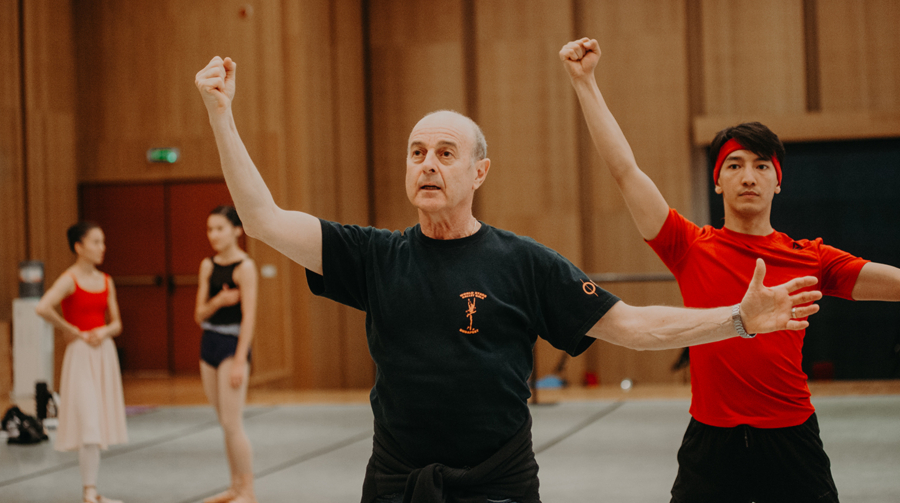
There are various rumors about the coronavirus vaccination. One of them is that people vaccinated against COVID-19 emit a radio signal, which can be caught in space. Moreover, the vaccine itself contains the virus and a chip that tracks all the movements of people. Such rumors are not backed up by any scientific evidence, but rapidly spread throughout the global network, disturbing people. Since the beginning of the year, seven criminal cases have been initiated in Kazakhstan for knowingly spreading so-called fakes about the immunization. These rumors may become a big obstacle in the fight with the virus, experts said.
“The punishment is imprisonment up to seven years. The internal affairs bodies constantly monitor the mass media, Internet resources in order to detect such instances. Depending on the circumstances of dissemination of such information, and on the consequences, there is a gradation according to the degree of punishment,” said Nurbol Tasmagambetov, spokesperson of Kazakh Ministry of Internal Affairs.
Also, there are many offers to purchase fake vaccination certificates and PCR tests on the Internet. 25 criminal cases have already been instituted for the forgery of the tests and 11 for the sale of immunization passports. The work to identify such facts is carried out around the clock. Buyers will be punished along with sellers.
“Making false document attracts a penal provision of imprisonment up to four years. Using false documents results in arrest of up to 40 days. Moreover, trying to acquire false documents, one can become a victim of fraudsters,” the press service of Kazakh Interior Ministry reported.
In addition, the offenders are subject to a fine of almost 6 million tenge, or correctional labor. Therefore, before taking such a step, law enforcement agencies urge not to involve themselves in the criminal process by trying to acquire false documents or disseminating false information.
Translation by Saniya Sakenova
Editing by Galiya Khassenkhanova









